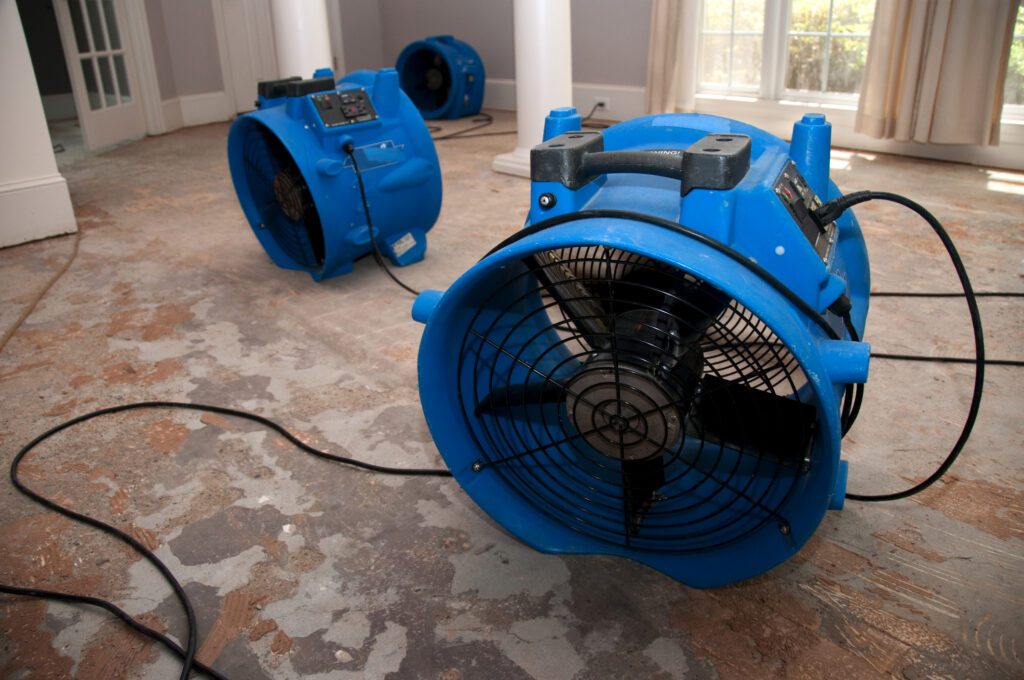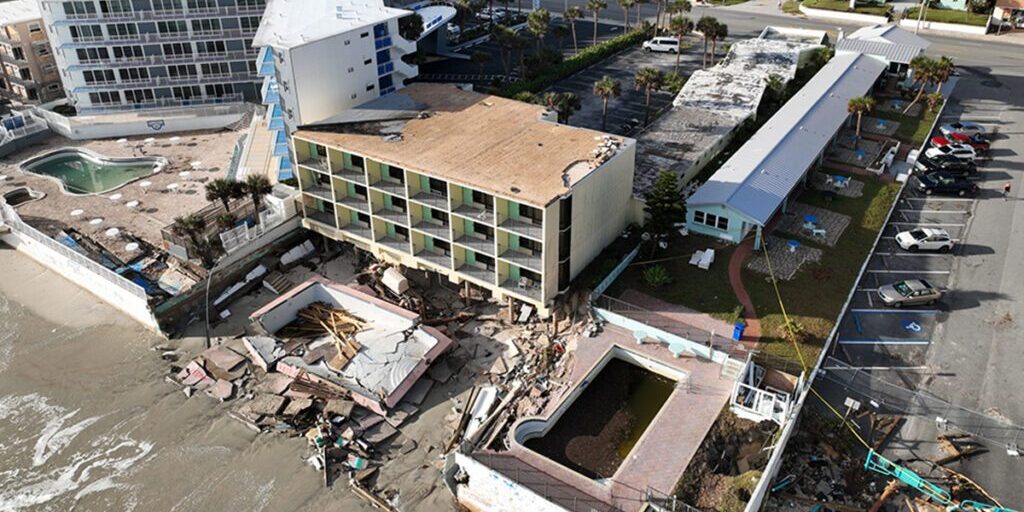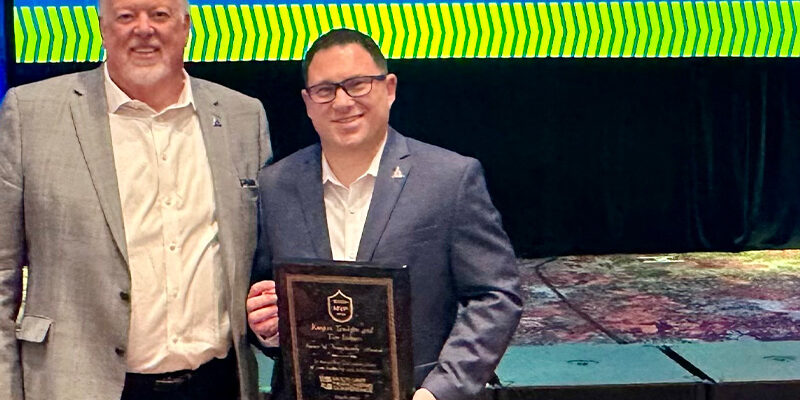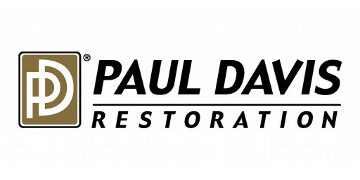Navigating the ‘Atmospheric River’ of Increased Catastrophe Work

By Bill Prosch
They happen almost every year somewhere in the United States: atmospheric rivers, wildfires, flooding, extreme freezing, hurricanes, tornados, and earthquakes, just to name a few. These events spell disaster for residents of the regions affected and create a bonanza of work for restorers. Some restoration contractors who were struggling financially before a disaster struck can find themselves flush with cash afterwards. They’re “saved!” But are they really?
In my role as a business development advisor, I’ve seen two main reactions to such events.
The rarer of the two is the restorer who probably wasn’t struggling financially before the catastrophic event. That restorer had systems and procedures in place prior that enabled the business to capture as much of the influx of work as possible, then using that influx as a “springboard” to reach the next level of growth in their company. Does this mean that a US$4 million company that captures an additional $4 million in catastrophe work is now an $8 million company? No. It’s a $4 million company that had a $4 million spike in business. But will that company return to being solely a $4 million company? Not if its management develops and uses the new contacts created during the event to bring in additional routine work or even more catastrophe work year after year.
I’ve repeatedly seen disciplined, well-managed companies grow significantly in the years following major disasters because of connections made during them. But there are some key words in the preceding sentences you just read that can lead to such success: Disciplined. Well-managed. Systems. Procedures. These are the companies that continue to market to their client base in the middle of an event. Just because they are busy doesn’t mean they abandon their clients during a surge in work, even if only temporarily. They don’t market just when they’re slow. They market consistently—always. They know that building and maintaining relationships is key not only to their survival, but to their long-term success. These are the companies that have systems and procedures in place and are prepared to respond aggressively to whatever events present themselves next. They have the discipline to follow those systems and procedures in order to maximize their effectiveness and efficiency. These are the restorers that others look at and say, “Wow! They got lucky!” Perhaps they did—if your definition of luck is “preparation meets opportunity.” I say their luck came from carefully crafted plans and the discipline to carry out those plans.
But what about the less-disciplined, less-organized restoration company that’s struggling to make payroll and pay its bills each week? How does management react to a surge in work? An increase in work can be a godsend for the company—if it’s prepared to handle it. If not, it’ll still see an improvement in its bank account, and it’ll temporarily get some breathing room from creditors. I say temporarily because this restoration company most likely doesn’t have systems and procedures in place to handle a surge, so the first thing it’ll do is work its employees to the point of exhaustion. The next thing it’ll do is stop its marketing operations because everyone’s so busy. And chances are it’ll fail to capture new revenue-generating contacts because its response is typically disorganized and undisciplined. It’s only proven itself to be the company those contacts don’t want to work with again. The business won’t use the event to springboard to the next level. In fact, the company’s undisciplined, non-systematized approach to business and cash management might actually make its financial woes worse as it fails to collect for the work performed.
There’s clearly a choice here. One choice leads to profitability, increased business equity, and long-term success. The other leads to disorganization, frustration, and financial struggles. I suggest you choose wisely.












